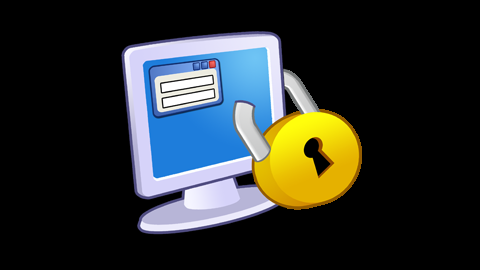Digital dangers are a real threat for both small and large businesses across all industries. The more business shifts towards Cloud computing and other digital platforms, the higher the threat of digital deviousness rises.

Don’t make the common mistake of thinking your business is too small for hackers to even consider targeting. Cyber attacks against small businesses are on the rise, and you’re at risk without the proper protection.
Take some time out of your day to learn a few things about cyber security. Here is a quick look at some useful digital security tips for your small business operation.
Always be working with a firewall in place
Engaging a firewall on your business network will help keep intruders from accessing sensitive information and stored data. It’s worth the expense to invest in a high quality firewall setup, as not all firewalls are equally as effective in the field.
If you run a small business with remote employees, then you need to think about the protection of your professionals as well. Urge your employees to setup a strong firewall to protect any information they may access from their home computers.
Implement strong password building practices
Your small business should make it a standard for employees to understand and know how to set secure, strong passwords. Make sure your staff understands that a strong password includes upper and lowercase letters, numbers, and even a symbol or two.
You may also choose to implement a two-stage authorization setup for access to your business network. A good password consists of at least ten characters too.
Train employees in the way of security
In addition to the password training, you should train your professionals in the way of security awareness. Cover the basics for safe surfing and computing, and teach your professionals how to avoid phishing attacks from cyber criminals.
Always backup crucial information/files
It’s important to have a fully backed system, so there’s no way you could ever lose all of your most sensitive information. Take the time to test your backup files to make sure it all works.
You don’t want to find out after a ransomware attack that your backup files don’t actually function as working backups. It’s suggested that you use the 3-2-1 system.
Always keep three copies of your files. Use two seperate media sources, and store a secure offline copy of your most valuable information.
Network segmentation adds security
Don’t run all of your digital business information through one singular network. It’s not very safe, as corruption only has to hit one network to affect your data. Segment your network into several smaller networks to make it harder for cyber criminals to succeed in an attack.